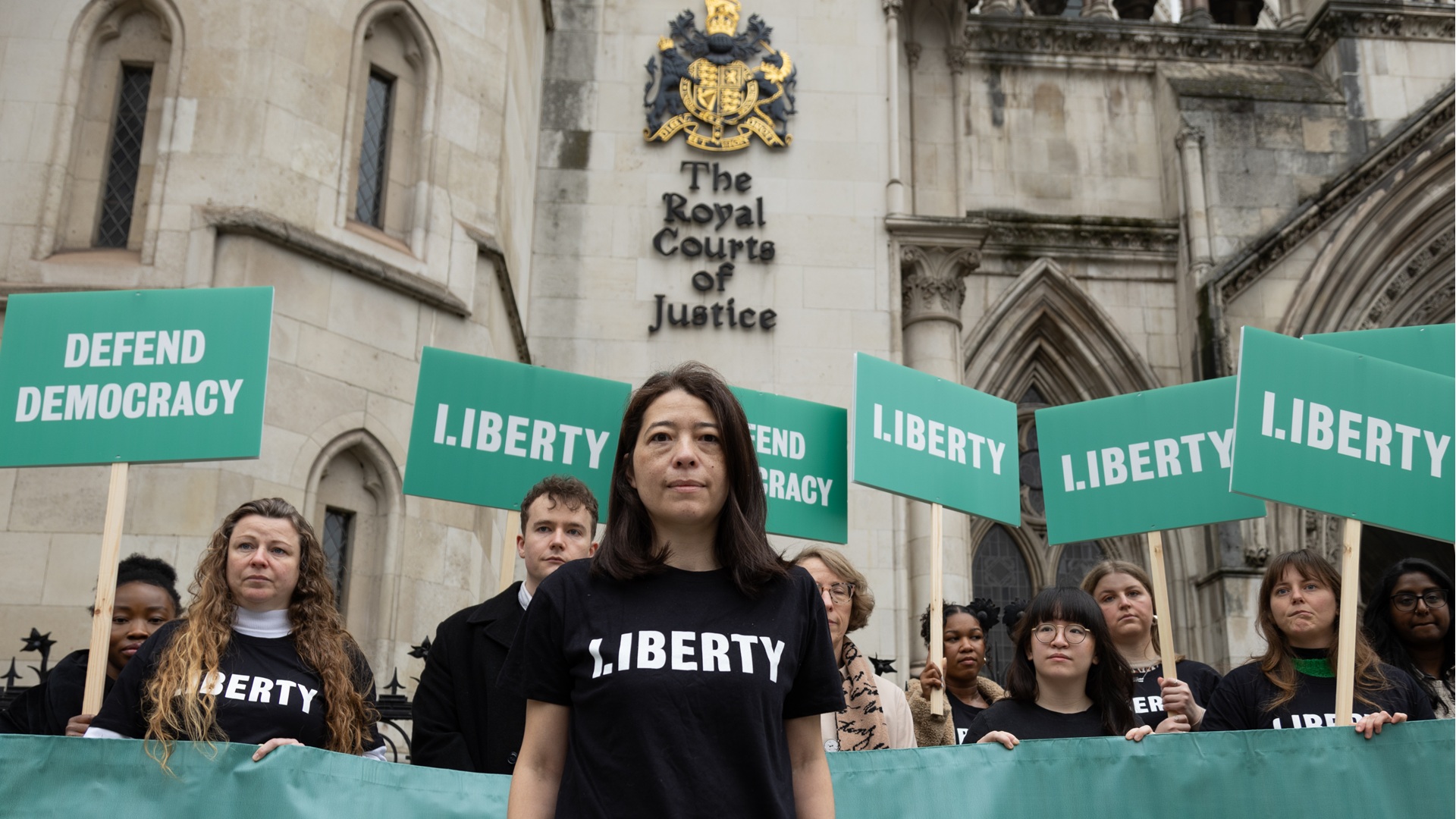Two years ago, as a lawyer at Liberty, I launched legal action to defend our right to protest and to ensure that governments past and present would not be able to sneak in legislation via the back door that weakens our rights. On Friday (2 May), for the second time, the courts have agreed with us.
Through this legal action, protests will be able to go ahead without limits being imposed by the police for no good reason, and protesters will not be at risk of arrest for simply walking on the wrong side of the road, blocking hotel entrances or lying down on the pavement outside weapons factories. That this is such a significant victory just demonstrates how much our rights have regressed in recent years. Hundreds of people who were simply trying to make their voices heard should now get their convictions overturned and even more should have their cases thrown out of the criminal justice system.
Protest has always been important to me, ever since I joined a million other people to march against the invasion of Iraq in 2003. Politicians refused to listen, but the importance of standing up for what I believed in and making my voice heard stayed with me.
In court we argued about how laws are made, but at its core this case has always been about protest. In 2023, in pursuit of her anti-protest agenda, then-home secretary Suella Braverman introduced measures which would have lowered the threshold for police intervention in protests wherever they might have a ‘more than minor’ impact. Parliament threw out the changes, but just weeks later, she reintroduced the measures through the back door, by using ‘secondary legislation’ to force them through parliament without scrutiny. All along, we have said this was not only undemocratic, but also unlawful.
We saw the impact of the changes when activist Greta Thunberg was arrested at a protest that had caused ‘more than minor’ disruption to attendees of a fossil fuel conference by delaying their access to the venue by a matter of minutes. Her trial was eventually thrown out of court on the basis that the conditions imposed were so unclear, anyone failing to comply with them was committing no criminal offence.
Last May, the High Court agreed with us that the regulations were unlawful. And just days after it was confirmed that the government were appealing, the general election was announced. I was as surprised as anyone that the new Labour government decided to continue to pursue the Conservatives’ appeal, especially when Yvette Cooper herself had spoken out against these measures as shadow home secretary.





